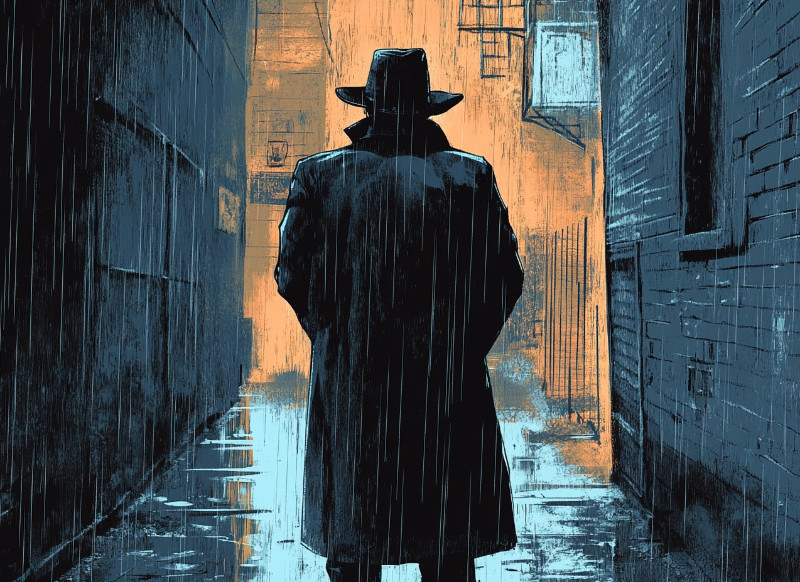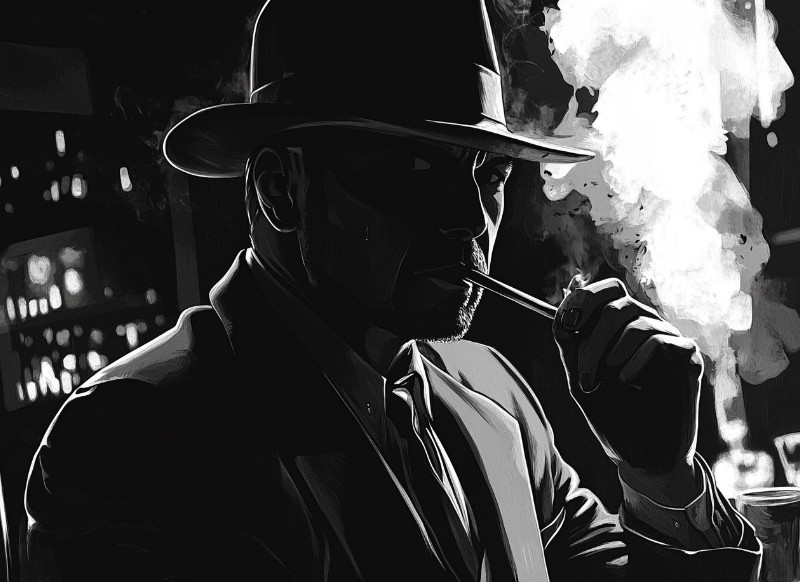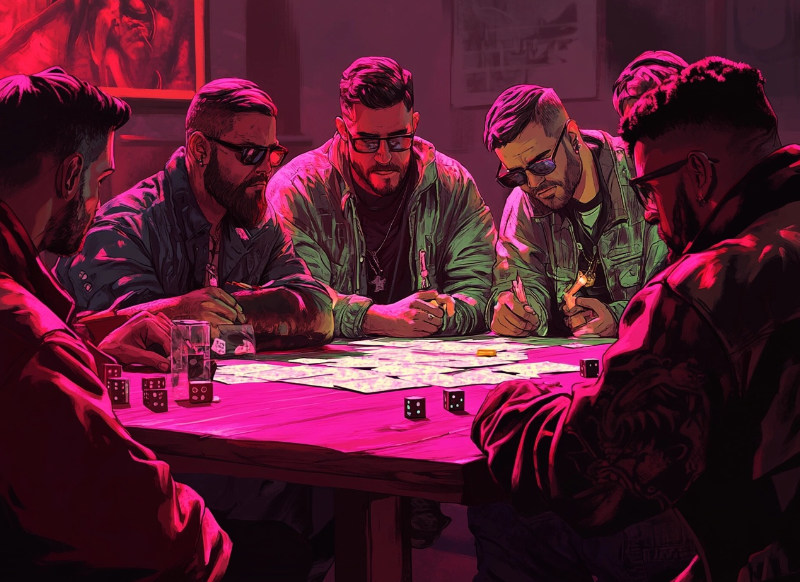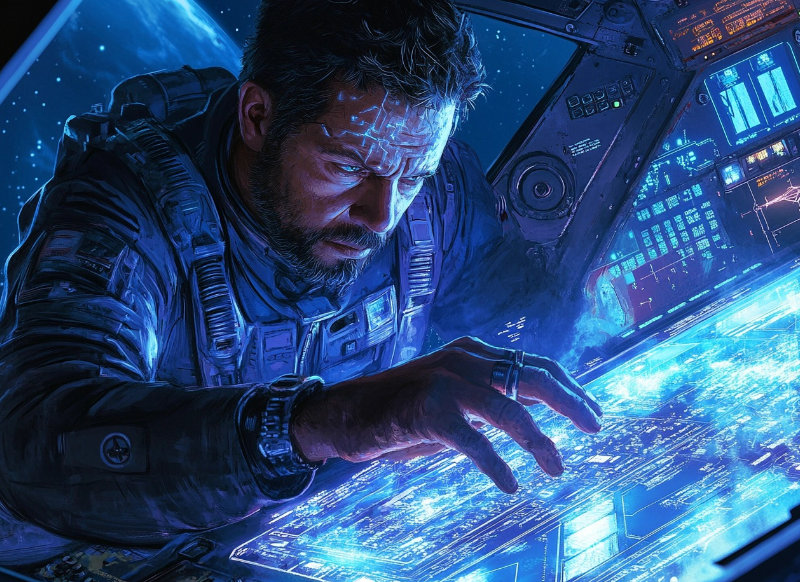
Role vs. Persona: Unlocking Deeper Role-Playing Experiences
When we sit down to play tabletop role-playing games (TTRPGs), we often approach our characters from two angles—what they do in the story (their role) and who they are as individuals (their persona). Both aspects are essential, but it’s easy to let one dominate the other. Let’s explore how these two elements work together and why keeping them in balance can lead to richer, more rewarding storytelling.
What Is Role?
A character’s role in a TTRPG is primarily defined by function. In mechanical terms, it’s about their utility to the group and their strengths in navigating the challenges they encounter. Think of the detective in a noir-inspired game: their role is clear—they investigate, solve puzzles, and uncover secrets. This structure provides direction and ensures the group can approach problems effectively.
Roles often align with responsibilities:
•The tank absorbs damage and protects the group.
•The skill-focused “rogue” disarms traps or infiltrates secure locations.
•The healer ensures survival during conflict.
This clarity is a hallmark of TTRPGs, particularly in games with tactical or combat-heavy elements. It’s not only useful but often necessary. A group without defined roles can struggle to tackle challenges effectively. However, when we focus solely on role, we risk reducing our characters to tools—mere pieces in a larger game.
Why Persona Matters
Persona is the essence of who your character is. It’s the internal world—the fears, dreams, and motivations—that drive them beyond their functional role. If role answers “What can this character do?” persona answers “Why do they do it?”
Take the noir detective, for example. Their role might be to investigate leads and solve crimes, but their persona could reveal that they are haunted by a case they couldn’t solve—a failure that destroyed their marriage. Their drive for redemption, not just justice, shapes how they approach every decision. Persona brings emotion into the game, reminding us that characters aren’t just tools—they’re people.

The Narrator’s Role in Balancing Role and Persona
Narrators (or GMs) play a crucial part in fostering this balance. By creating opportunities that challenge both roles and personas, they can deepen the players’ connection to their characters and the story. Here are a few tips:
• Tie Challenges to Personas: A suspect in the jazz club might not just be a random lead—they could be connected to the detective’s past failure, adding emotional weight to the encounter.
• Encourage Character Choices Beyond Mechanics: Reward players for actions that align with their character’s persona, even if they’re not the most “optimal” moves. A detective who chooses to spare a suspect because they see their younger self in them creates a moment far richer than a simple arrest.
• Use Role as a Tool for Persona Development: A detective’s skills might bring them to the right place at the right time, but it’s their persona that dictates how they handle what they find. A successful investigation can lead to a moral dilemma or an emotional breakthrough.
What Players Gain From Focusing on Persona
1. Emotional Depth: Persona-driven play makes every decision feel personal. The detective isn’t just solving crimes—they’re seeking redemption, grappling with guilt, or trying to rebuild their life.
2.Collaborative Storytelling: When players bring their characters’ inner worlds to the forefront, the group’s interactions become more dynamic. One player’s vulnerability can lead to another character’s growth or a new layer of conflict.
3.Unforgettable Moments: The most memorable stories often come from character-driven decisions. A detective’s choice to let a suspect go, knowing it might cost them the case, resonates far more than a perfectly executed capture.
Bringing Role and Persona Together
The beauty of TTRPGs lies in the interplay between role and persona. One provides structure; the other brings meaning. The noir detective’s role as an investigator ensures the group can progress through the story, but their persona—the flawed, determined human behind the badge—keeps the story alive and unpredictable.
For example:
•The detective uses their skills to find a hidden clue, but their personal motivation leads them to confront a corrupt official, risking their career in the process.
•A group relies on the detective’s sharp mind, but their inability to let go of the past might drive them to pursue a lead alone, putting themselves and the mission at risk.
By blending these elements, players and Narrators can create characters who are not only effective but unforgettable.
A Final Thought: Why Both Matter
Role-playing games are about more than solving puzzles or defeating enemies—they’re about telling stories. By balancing role and persona, we unlock the full potential of our characters and the worlds they inhabit. Whether you’re playing a hard-boiled detective, a starship pilot, or a wandering bard, remember that it’s not just about what your character does—it’s about who they are and why they act.
For Narrators, this approach offers a richer storytelling experience. It’s not about pushing characters to their limits mechanically, but emotionally. The most powerful stories come from exploring not just the challenges characters face, but how those challenges change them.
In the end, the best TTRPG experiences remind us of one simple truth: every hero is a person first.

